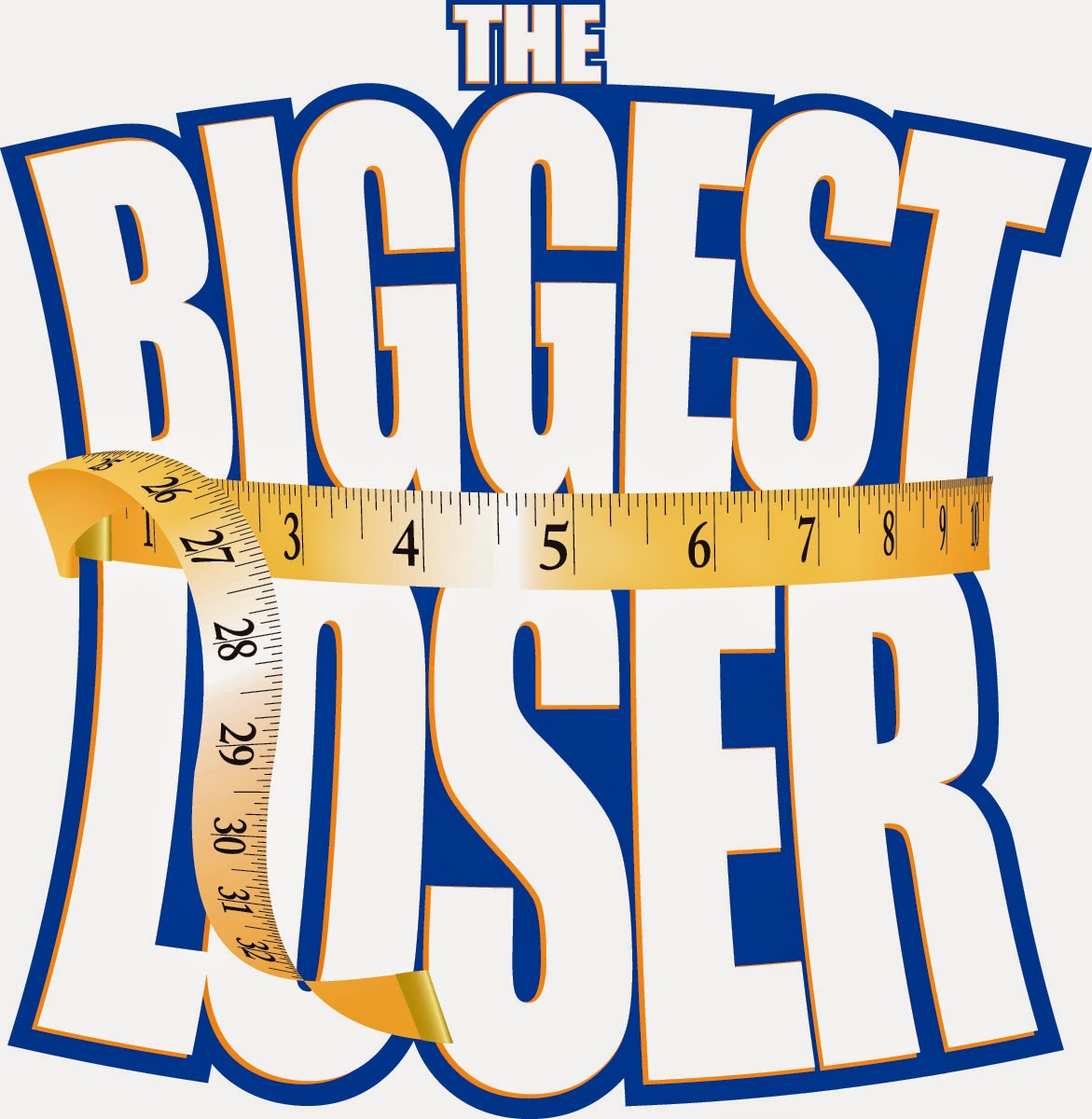The Biggest Loser: A Comprehensive Guide To The Iconic Weight Loss Show
The Biggest Loser is more than just a reality television show; it represents a transformative journey for its contestants and has inspired millions of viewers around the world. In this article, we will delve deep into the history, format, impact, and controversies surrounding this iconic weight loss competition. We will also explore the life changes of some of the notable contestants, shedding light on their struggles and triumphs. Join us as we uncover the layers behind The Biggest Loser and its lasting influence on health and wellness.
The show first aired in 2004 and quickly became a cultural phenomenon, drawing in audiences with its compelling narratives of personal transformation. Over the years, The Biggest Loser has evolved, incorporating new challenges, trainers, and even celebrity contestants. Despite its success, the series has also faced criticism regarding its methods and the long-term sustainability of the weight loss achieved by its participants.
In this article, we aim to provide a comprehensive overview of The Biggest Loser, focusing on its format, contestant stories, and the lessons learned from the show. Our goal is to ensure that readers come away with a better understanding of what the show represents and how it fits into the broader conversation around health and fitness.
Table of Contents
- History of The Biggest Loser
- Format of the Show
- Notable Contestant Stories
- Impact on Health and Wellness
- Controversies Surrounding the Show
- Expert Advice on Weight Loss
- Conclusion
- Further Reading
History of The Biggest Loser
The Biggest Loser premiered on NBC on October 19, 2004, and was created by Dave Broome. The show was designed to help obese contestants lose weight through a combination of diet, exercise, and lifestyle changes. The initial season featured 15 contestants who lived together on a ranch and were mentored by personal trainers.
Over the years, the show has seen various adaptations, including international versions and spin-offs. It has won several awards, including the Emmy Award for Outstanding Reality-Competition Program. The format has evolved, introducing new challenges and elements to keep the audience engaged, such as the introduction of "Comeback Canyon" in Season 15.
Format of the Show
The format of The Biggest Loser is structured around weekly weigh-ins, where contestants are eliminated based on their performance. The show typically follows these key elements:
- Contestants compete in team challenges to earn advantages.
- Weekly weigh-ins determine who stays and who goes home.
- Contestants receive guidance from trainers and nutritionists.
- The ultimate goal is to lose the highest percentage of body weight.
Weekly Challenges
Each week, contestants participate in physical challenges that test their strength, endurance, and teamwork. These challenges not only help in burning calories but also build camaraderie among participants.
Elimination Process
At the end of each week, contestants gather for a weigh-in. The contestant with the lowest weight loss percentage faces elimination, making the stakes high for every participant. This process creates tension but also fosters a sense of accountability.
Notable Contestant Stories
Many contestants have become household names due to their incredible transformations on The Biggest Loser. Here are a few standout stories:
Rachel Frederickson
Rachel Frederickson, the winner of Season 15, shocked audiences with her dramatic transformation, losing over 155 pounds. Her journey sparked conversations about healthy weight loss and the pressures of maintaining a "perfect" body image.
Bob Harper
Bob Harper, one of the show's most beloved trainers, has become a prominent figure in the fitness industry. His approach focuses on mental and emotional well-being, alongside physical fitness, making him a trusted authority in weight loss.
Impact on Health and Wellness
The Biggest Loser has had a significant impact on the perception of weight loss and fitness. The show has raised awareness about obesity and the challenges faced by individuals seeking to lose weight. It has also inspired various health initiatives and programs aimed at combating obesity in society.
However, the show has also been critiqued for promoting extreme weight loss methods that may not be sustainable in the long run. Many former contestants have reported struggles with maintaining their weight loss after the show, highlighting the importance of long-term lifestyle changes.
Controversies Surrounding the Show
Despite its popularity, The Biggest Loser has faced several controversies, including:
- Health Risks: Critics argue that the rapid weight loss methods showcased on the show can be harmful and lead to eating disorders.
- Post-Show Struggles: Many contestants have reported gaining back the weight they lost during the competition.
- Ethical Concerns: The pressure to lose weight can lead to unhealthy practices among contestants.
Expert Advice on Weight Loss
To provide a balanced view on weight loss, it’s crucial to incorporate expert opinions. Nutritionists and health professionals emphasize the importance of a holistic approach to weight loss, which includes:
- A balanced diet rich in nutrients.
- Regular physical activity tailored to individual needs.
- Mindful eating practices to promote a healthy relationship with food.
Conclusion
In conclusion, The Biggest Loser has made a lasting impact on the world of fitness and weight loss. While it has inspired many to embark on their health journeys, it also raises important questions about the methods and sustainability of extreme weight loss. As viewers, understanding the complexities behind such transformations can lead to more informed choices about our health and wellness.
We encourage readers to share their thoughts on The Biggest Loser in the comments below. What has the show taught you about weight loss and health? Don’t forget to check out our other articles for more insights!
Further Reading
For those interested in learning more about healthy weight loss and fitness, here are some recommended resources:
Article Recommendations
- Is Jeremy Wade Married
- Viral Image Of An Egyptian Landmark Crossword
- Frankie Muniz And Wife
- Pol Family Farm Season 2
- Is Pascale Hutton Married In Real Life
- Max Amini Wife
- The Deliverence True Story
- Get Hard Salt Trick
- Cheryl Casone Partner
- Benaffleck


